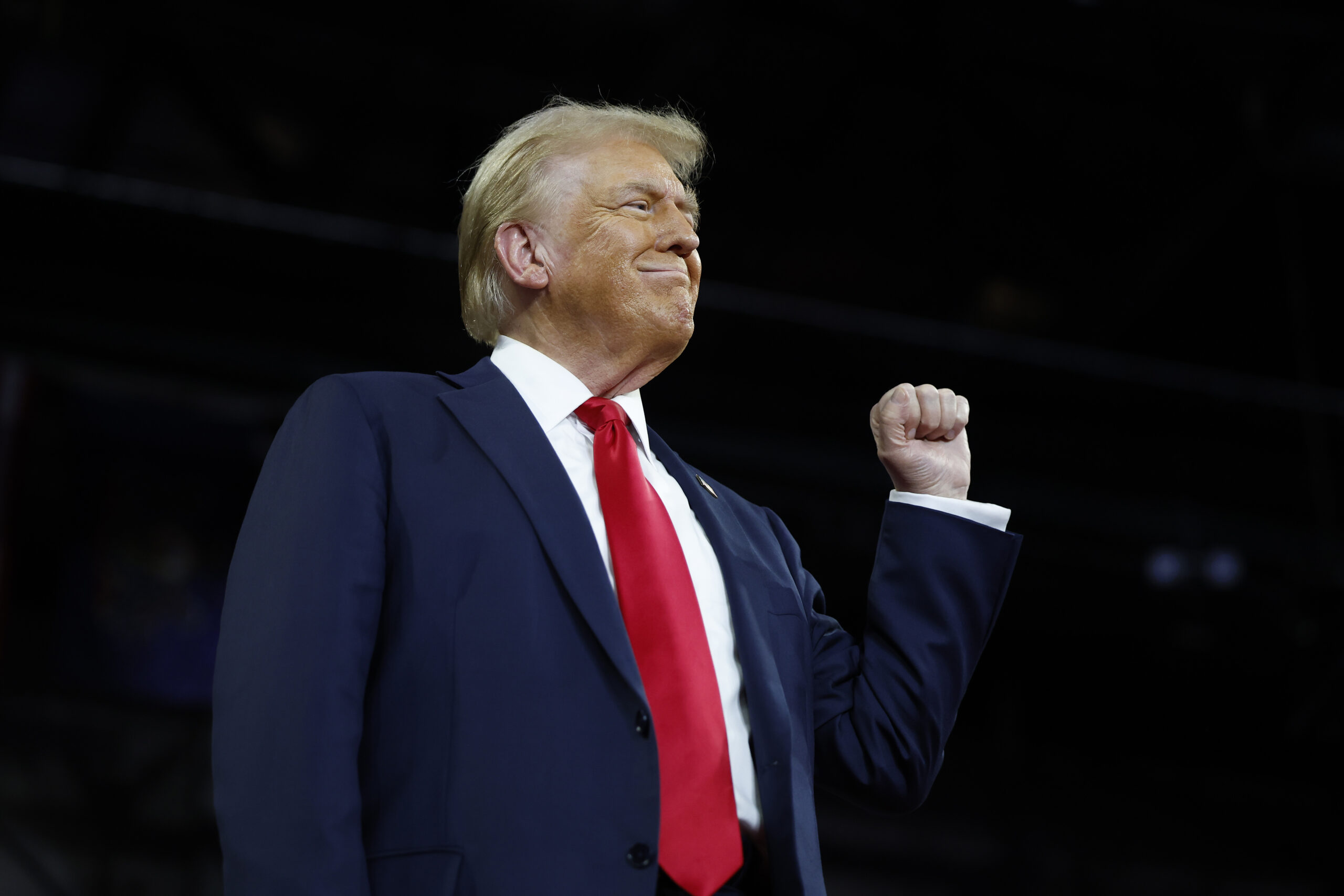- January 24, 2025
Trump’s Immigration Policies & Their Nationwide Impact

State and local leaders across the country are preparing for a wave of aggressive immigration policies and potential mass deportations as President Donald Trump begins his term. Trump has pledged to issue “close to 100” executive orders on Day 1 of his presidency, at least 10 of which will directly address immigration, a cornerstone of his campaign promises. According to an incoming White House official, these actions aim to drastically reshape U.S. immigration policy, generating both significant support and fierce opposition.
Within hours of taking office, Trump signed a series of immigration-related executive orders that signal an intensified crackdown. Among these actions was an executive order attempting to end birthright citizenship, a deeply controversial move that would require either a constitutional amendment or a Supreme Court ruling to take effect. Trump also declared a national emergency at the southern border, enabling the deployment of Pentagon resources and armed forces to accelerate construction of the border wall.
During his inaugural speech, Trump reaffirmed his commitment to mass deportations. “We will begin the process of returning millions and millions of criminal aliens back to the places from which they came,” he declared. These announcements have created widespread uncertainty, particularly in cities and states with large immigrant populations. Communities across the nation—from school administrators and local business owners to religious leaders—are grappling with how to respond if Immigration and Customs Enforcement (ICE) agents conduct mass raids or detentions.
The legal challenges to Trump’s executive actions began almost immediately. The American Civil Liberties Union (ACLU) filed a lawsuit challenging the administration’s decision to disable CBP One, an app that allowed migrants to seek asylum. The ACLU argued that shutting down the app deprives migrants of their right to request asylum and violates existing legal protections. The organization also joined other civil rights and immigration advocacy groups in suing the Trump administration over its attempt to end birthright citizenship, claiming that the move violates both federal law and constitutional rights. The lawsuit seeks both temporary and permanent injunctions to block the order.
State and local governments are responding in a variety of ways. In some regions, officials are actively preparing to support immigrant communities by providing legal resources, sanctuary protections, and public education campaigns. These efforts are designed to mitigate the fear and disruption that may arise from federal immigration enforcement. In contrast, other states have embraced Trump’s policies enthusiastically. Last month, dozens of Republican governors released a joint statement endorsing the president’s hardline approach. Leaders such as Florida Governor Ron DeSantis, Texas Governor Greg Abbott, and Nevada Governor Joe Lombardo have indicated their readiness to mobilize National Guard resources to assist with federal immigration operations.
The divide among state and local leaders underscores the broader polarization surrounding immigration in America. Cities with significant immigrant populations, such as Los Angeles, New York, and Chicago, are bracing for the potential social and economic fallout of increased enforcement measures. At the same time, rural areas and states with strong Republican leadership are likely to see more cooperation with federal authorities.
For communities directly affected by these policies, the uncertainty is palpable. School districts are preparing for the possibility of decreased attendance as families fear deportation. Restaurants, construction companies, and other industries that rely heavily on immigrant labor face potential disruptions. Faith-based organizations are stepping up to provide sanctuary and moral support to those at risk, but these efforts may be limited by federal crackdowns on sanctuary policies.
The broader implications of Trump’s immigration agenda remain to be seen, but early indications suggest a period of intense legal battles and community unrest. Civil rights advocates argue that many of the administration’s actions are not only morally objectionable but also legally dubious. The courts are likely to play a critical role in determining the scope and sustainability of these policies. Meanwhile, immigrant communities are organizing to resist, and state and local governments will continue to navigate their roles in this complex and contentious landscape.
Ultimately, the aggressive push to reshape U.S. immigration policy could redefine the relationship between federal, state, and local authorities while testing the resilience of the nation’s legal and moral frameworks. Whether Trump’s vision for immigration reform will prevail depends not only on legal challenges but also on the capacity of communities to adapt and advocate in the face of sweeping change.

